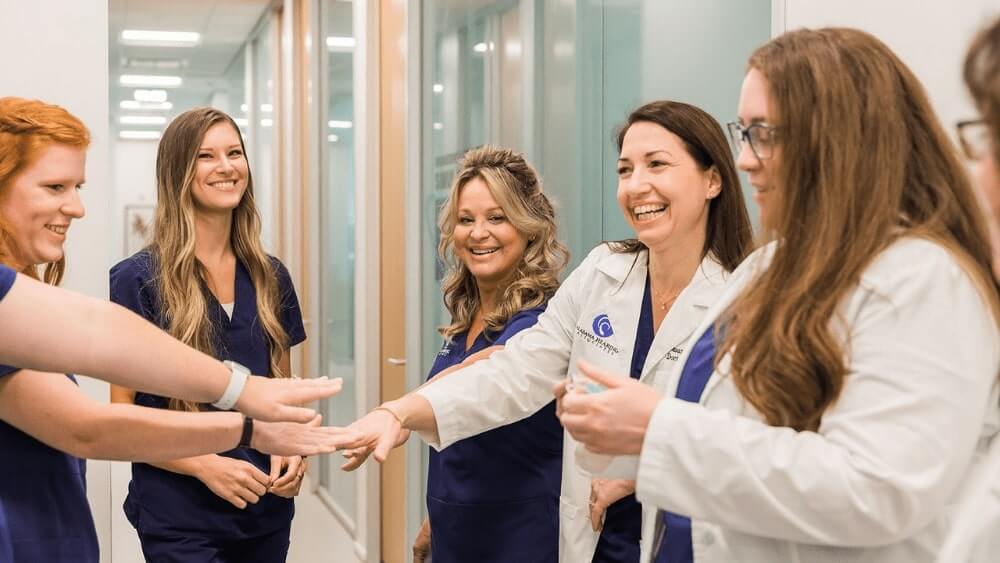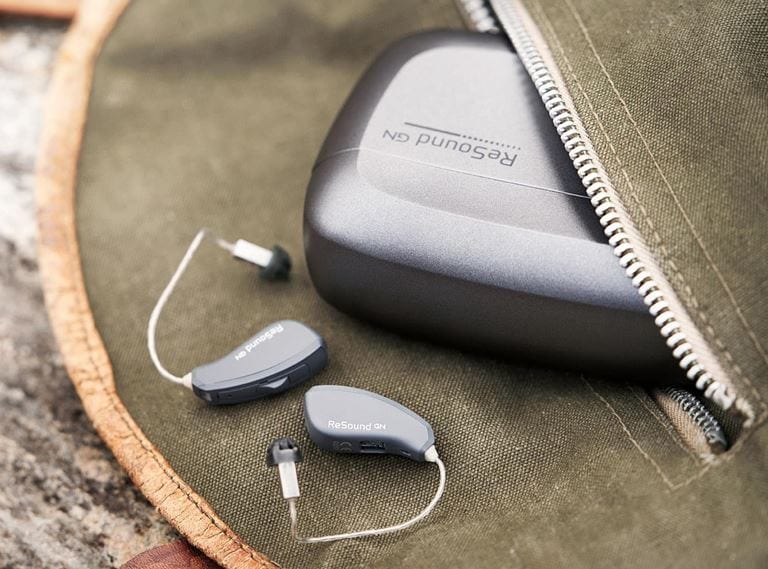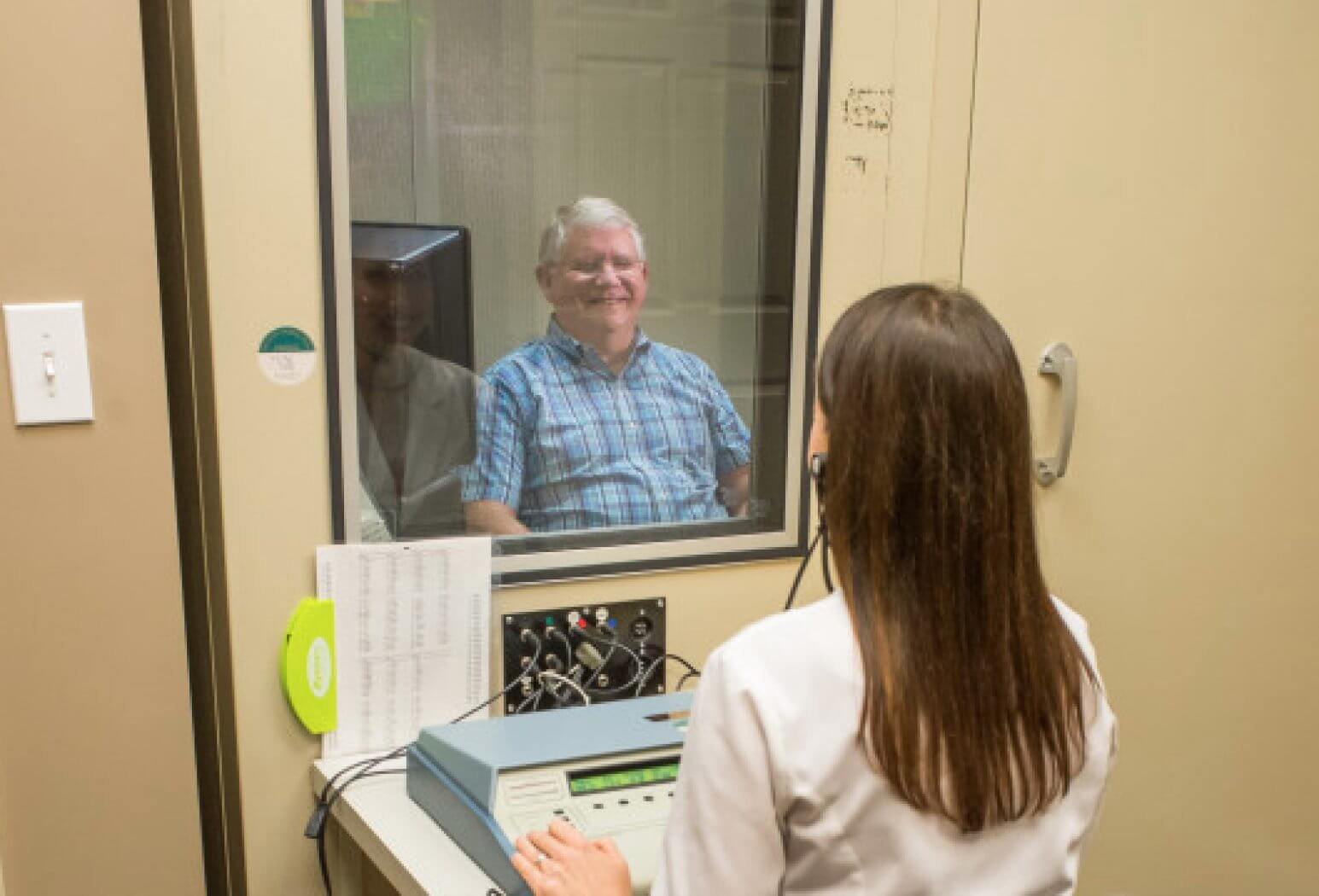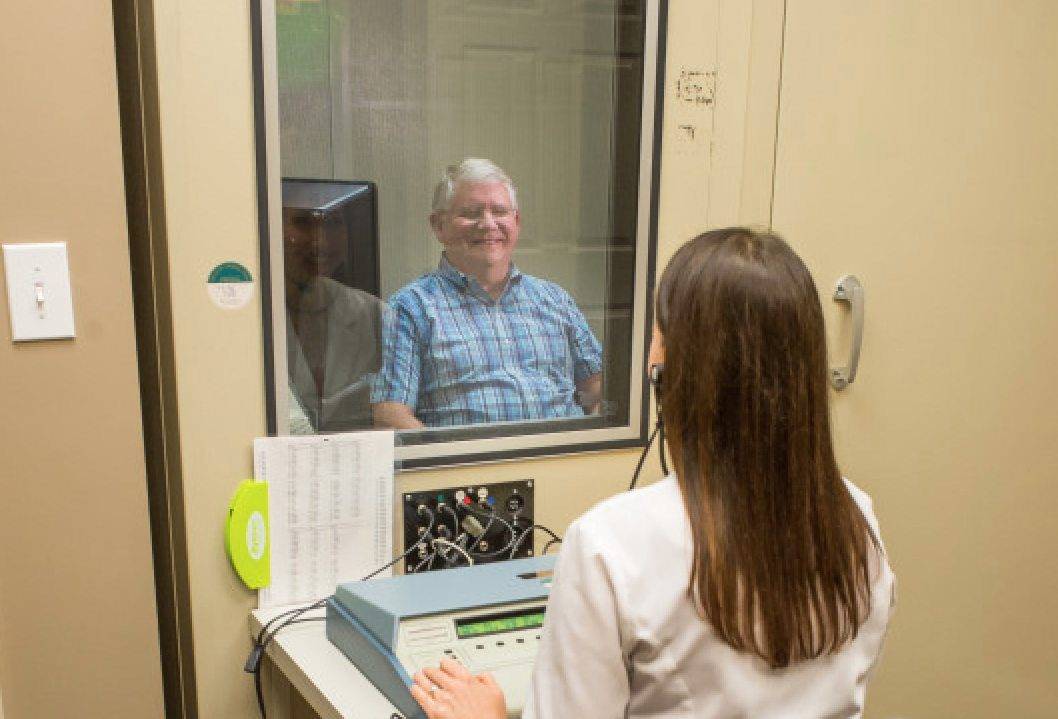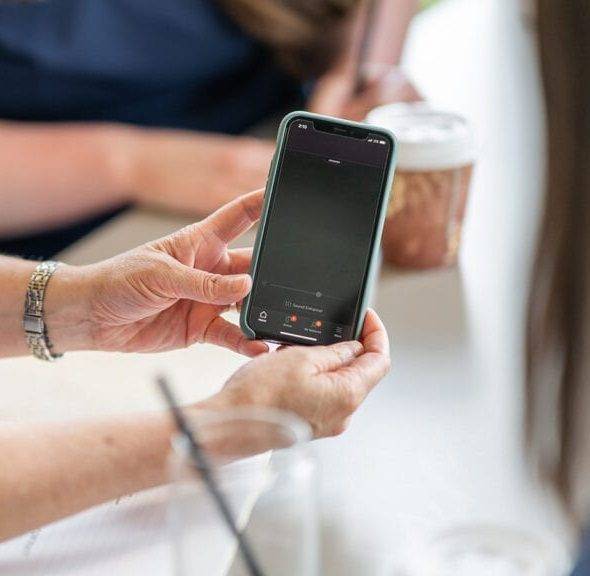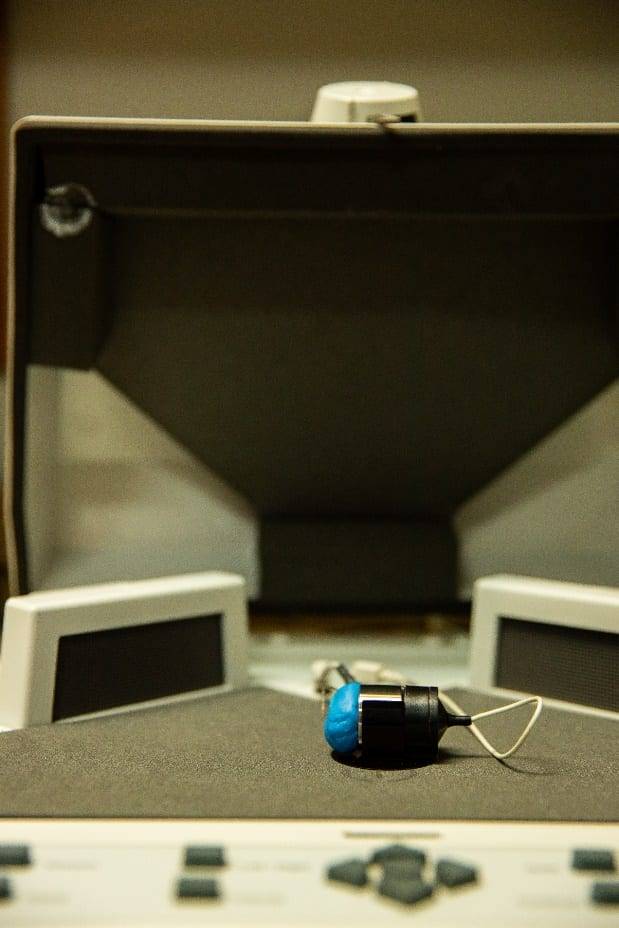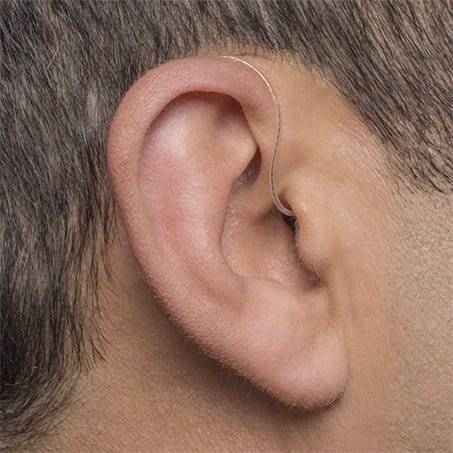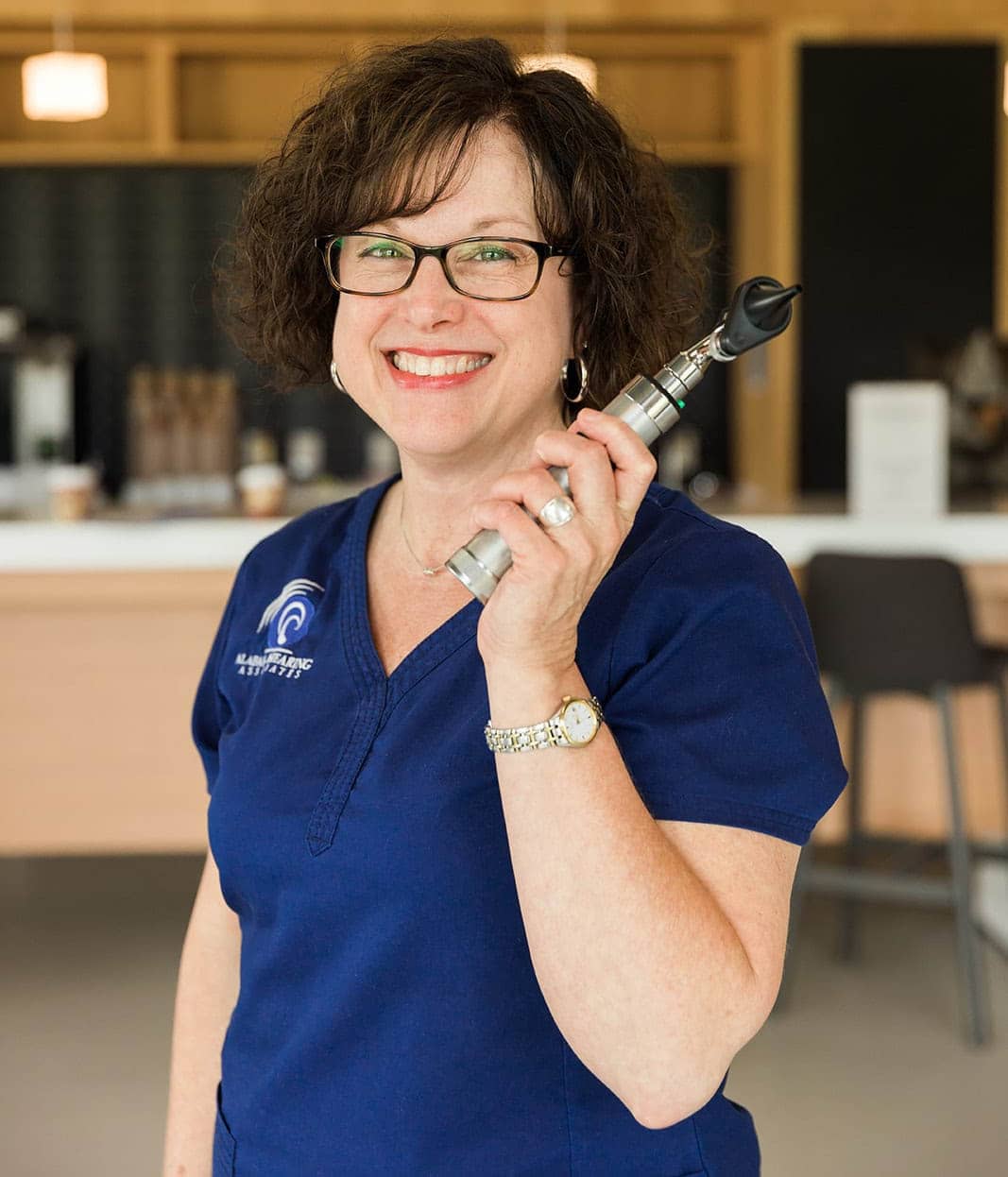For athletes with hearing loss, the idea of combining hearing aids and sports can be daunting. They may worry about their devices falling out, getting damaged by sweat or water, or simply not being able to hear properly in a noisy or active environment.
However, with advancements in technology and specialized accessories, there are options available that can make it possible for individuals with hearing loss to fully participate in their favorite activities without sacrificing their ability to communicate and hear clearly.
In this blog, we will explore some of the considerations and solutions for using hearing aids during sports and physical activities, so that athletes can stay connected to the world around them and enjoy their hobbies to the fullest.
As an audiologist at Alabama Hearing Associates, I work with many new hearing aid users.
I love this part of my job because I get the privilege of guiding someone as they begin a new chapter in their life.
Yet, my patients are frequently concerned about the impact hearing aids will have on their lifestyle. This is particularly true of athletes and fitness buffs who fear their devices will be damaged while playing sports.
It’s a delight to see how pleased they are when I explain as long as they’re not playing a water sport, hearing aids always should be worn during sports.
Hearing Aids and Sports: A Possible Combination?
Communication is part of the game when you’re playing team sports. Your coach and teammates are relying on you to react to the information they give you.
It’s difficult to give your team your best effort when you’re missing the sounds of what’s going on around you. Wearing your hearing aids also keeps you connected to the social aspect of playing team sports.
At a glance, hearing aids and sports can be thought of as an unlikely combination, but actually, hearing aids actually act as safety devices for solo athletes. Their devices help them stay aware of their surroundings. When you’re running, jogging, or biking alone, knowing what’s happening around you is a must.
Hearing Aids and Sports: Prevent Problems with the Right Gear
Athletes tend to be worried their hearing aids may fall off during the game. The potential for damage from sweat is another common concern. Having the right gear can help prevent these problems.
A hearing aid clip has an end you attach to your device while you clip the other end to your clothes. If your hearing aid comes off while playing, the hearing aid clip will keep it attached to your clothing.
Wearing your hearing aids with a traditional sweatband makes them less likely to become dislodged during sports. Although many hearing aids are moisture-resistant, a standard sweatband can still keep moisture out of the hearing aids.
Also, there are hearing aid sweatbands on the market that are meant to be worn with behind-the-ear (BTE) hearing aids.
Remember to take extra batteries along. No one wants to lose their ability to communicate in the middle of the big game.
How to Perform Postgame Hearing Aid Care
Hearing aids and sports can be a great combination if you just practice the correct post-game hearing aid care.
After the game or practice, use a puffer to remove moisture from tubing and hearing aids. At the end of the day, use the cleaning tools that came with your hearing aids to remove debris from your devices.
Storing your hearing aids in a dry box (also known as a hearing aid dehumidifier) overnight is a good idea. A dry box removes moisture from the devices.
Some hearing aid dehumidifiers sanitize your devices too. Your hearing aids will be ready for another day of play when you wake up in the morning.
If you or a loved one wants to discuss hearing aid options or have any hearing-related concerns, don’t hesitate to contact Alabama Hearing Associates. We would be happy to help.

